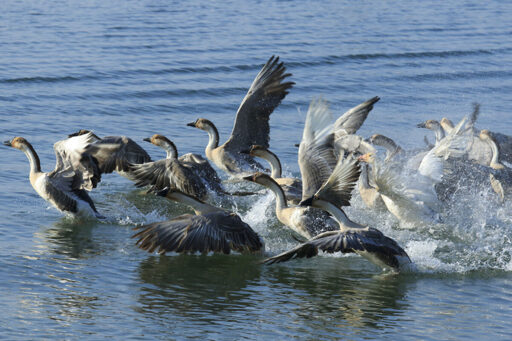Wetlands are disappearing at three times the rate of forests, alarming conservationists who highlight the ecosystems’ role in achieving global biodiversity and climate goals. To address these challenges and chart a path toward sustainable conservation, delegates gathered in Zimbabwe for the 15th Meeting of the Conference of the Contracting Parties (COP15) on Wetlands in July. The gathering aimed to strengthen global commitments for wetland restoration and protection. “COP15 delivered what we needed,” Musonda Mumba, secretary-general of the Convention on Wetlands, said an email to Mongabay. “Parties adopted resolutions to strengthen restoration, support wetland-dependent species, improve governance, and scale up nature-based solutions.” The meeting adopted the Victoria Falls Declaration, 25 resolutions and three consolidated resolutions. These documents urged participating countries to commit to protecting wetlands, which are threatened by urbanization, infrastructure development, invasive species, pollution from agrochemicals and mining. Additionally, countries pledged to create national legislation and policies for the restoration and management of degraded wetlands, aligning with the goals and targets set by the Kunming-Montreal Global Biodiversity Framework. Among the key resolutions was one focused on the protection of migratory birds and wetland-dependent species, such as river dolphins and waterbirds. The parties also drafted a resolution to establish the Global Waterbird Estimates Partnership, a collaborative initiative aimed at monitoring waterbird populations and providing updated status reports by 2027. Mumba emphasized that the meeting’s outcomes reflected the importance of combining modern tools with traditional knowledge in wetland conservation. While technology like satellite monitoring and data platforms is essential for tracking progress,…This article was originally published on Mongabay
From Conservation news via this RSS feed


